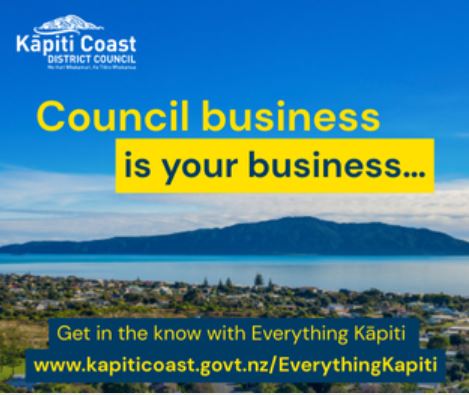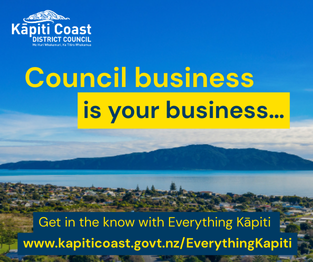End of year report for Wellington’s transport: making great progress
It’s been a great year for transport improvements in the Wellington region, according to the latest update on the Regional Land Transport Plan (RLTP).
A report that will be presented to the Regional Transport Committee meeting tomorrow (Tuesday 8 December) shows substantial progress is being made with a range of projects, activities and plans.
Paul Swain, Chair of the Regional Transport Committee, says the year is ending on a very positive note for transport in the region. “Great progress has been made on a lot of projects that will make it much easier to get around the region. The investment in transport, contained in the RLTP, is ambitious and significant and will have a very positive effect on the region’s economy.
“However, there are a couple of really significant areas where there’s room for improvement. We’re working with the NZ Transport Agency to find a solution for a new fares and ticketing system, where people won’t need to have separate cards for travel on trains, buses or the harbour ferry. Integrated fares and ticketing is now commonplace in most major cities around the world and we really need to make this happen in Wellington.
“We also have a lot more work to do to on traffic issues through central Wellington. The mix of state highway and local traffic between Te Aro and Wellington Airport is slowing down everyone’s journey whether you’re in a car, on a bike, in a bus or on foot. I’m confident we’ll get closer to finding an agreed and lasting solution in 2016 and we’re working with local and regional communities to achieve that.
“So, great progress has been made this year but there are plenty of challenges still to be met.”
Transport highlights of 2015
The preferred route was confirmed for a new road between Petone and Grenada, creating a direct link between the region’s east and west. The road will greatly reduce traffic congestion on SH2 between Petone and Ngauranga and boosts the region’s resilience by providing an alternative route out of Wellington City. Construction is planned to start in 2019.
The decision was made to build a new seaward side walking and cycle path between Petone and Ngauranga. The shared path, which forms a key section of the Wellington to Hutt Valley Walking Cycling and Resilience Project, will not only provide a safer, easier link for cyclists and pedestrians between Wellington and Hutt Valley, but will also help protect the road and rail network by acting as a buffer in natural events such as storms.
The McKays Crossing to Peka Peka section of the Kāpiti Expressway became highly visible and tangible this year with massive earthworks and the construction of several bridges and interchanges. The 18km road is due to be completed at the end of 2016.
Construction of the Transmission Gully Motorway began. The 27km four-lane motorway road will run from McKays Crossing through to Linden with connecting interchanges at McKays, SH58, eastern Porirua and Kenepuru. It’s expected to open in 2020.
A huge amount of work has gone on this year to create more lanes and the install smart traffic management technology on the motorway between Ngauranga and Aotea, designed to better manage serious congestion on this stretch of the urban motorway.
The first sod was turned for the construction of a new interchange at SH2 and Haywards Hill; the project also includes an upgrade of Manor Park station, a new park and ride, and a new walking and cycling path to the station.
Thirty-five new Matangi trains – the second batch – have begun arriving from Korea. Nineteen two-car units are here, 13 are currently running on the Johnsonville Line and the remainder are on schedule to arrive by June 2016.
A brand new park and ride, with capacity for 130 more cars will open at Paraparaumu Station later this month and land is being cleared at Waikanae for a new 250-space park and ride that will be completed in April 2016.















